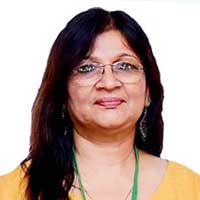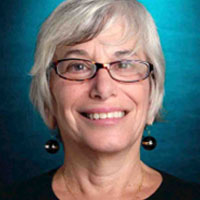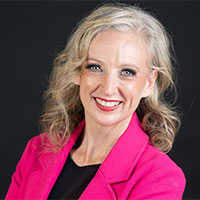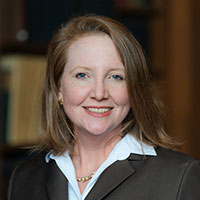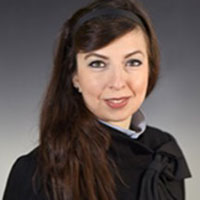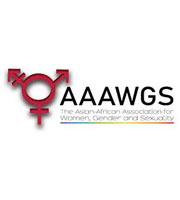THE 8TH INTERNATIONAL CONFERENCE ON
FUTURE OF WOMEN
Join us at the Future of Women 2025 where we come together to magnify and expedite initiatives focused on fostering a more equitable future for all.
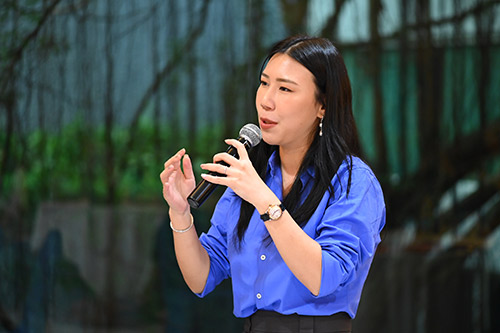
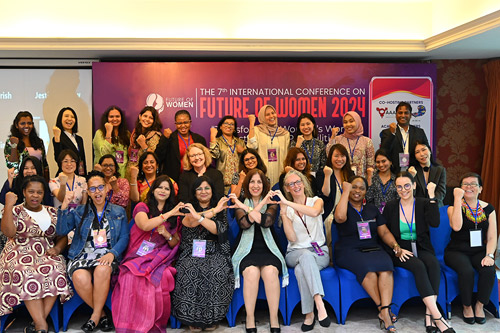
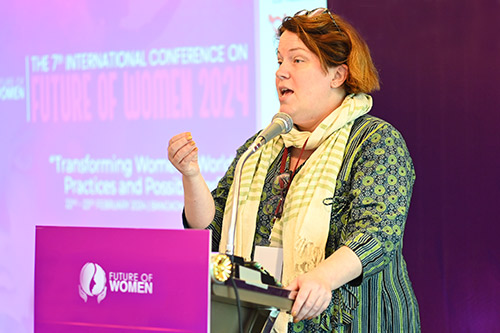
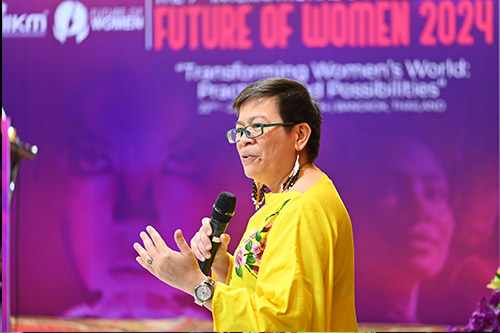
ATTEND THE FUTURE OF WOMEN 2025 TO:
-
Make a change
that empowers and uplifts women worldwide
-
Build network
of like-minded individuals committed to empowering women
-
Learn and inspire
to pave the way for a brighter future for women
-
Enhance your efforts
by sharing and publishing your research work
- LIFE-CHANGING TRANSFORMATION
- EXCEPTIONAL NETWORKING PROSPECTS
- REMARKABLE LEARNING OPPORTUNITIES
- EXCEPTIONAL PUBLICATION OPPORTUNITIES
Welcome to the Future of Women 2024
Welcome to the 7th International Conference on Future of Women 2024 which will take place from the 22nd – 23rd February 2024 in Bangkok, Thailand (Hybrid Platform). We hope the Future of Women 2024 unites diverse researches, stories, and case studies from all over the world, in parallel sessions while offering many networking and publishing opportunities. Discover the latest trends and challenges in the field at this leading conference.
During the past decades, we have learned about what we truly value and what truly matters in the regional and global context. At the same time, we have had to relearn the power of quality research in order to produce knowledge that is applicable outside of the research setting. Therefore, we encourage you to share your latest research and let your voices be heard at the Conference.
Purpose of the Future of Women 2024
Empowering Women: Shaping Tomorrow
The Future of Women 2024 aims to provide women more liberty and the ability to make their own decisions, including empowering them to effectively engage in the economy and political process, as well as make decisions about their own health and well-being, which leads to a variety of positive outcomes, including increased economic growth and development, improved health and well-being, and greater gender equality. The Future of Women 2024 will serve as a focal forum for the dissemination of the most recent research findings, knowledge, opinions, suggestions, and vision, as well as a variety of interactive platforms such as panels, keynote forums by prominent experts and activists in the field, group discussions, workshops, networking, and many exciting experiences.The Future of Women 2024 aims to actively contribute to the achievement of the following Sustainable Development Goals on a global scale:








Conference Chair and Speakers
"The Elephant in the Room” Special Session
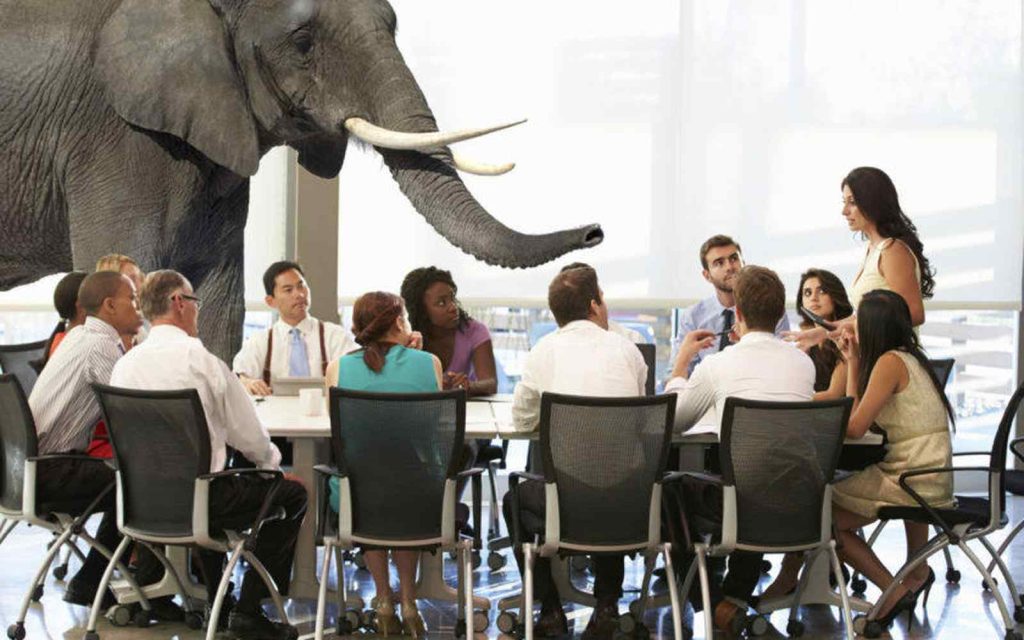
Workshop on Scholarly Publications
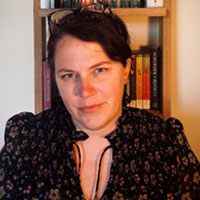
Dr. Stacy Gillis
Newcastle University
United Kingdom
Join our Workshop on Scholarly Publications for invaluable insights into effective research dissemination, peer-review strategies, and academic writing techniques. Elevate your publishing success with expert guidance and connect with fellow researchers. Don’t miss this opportunity to enhance your scholarly impact!
Special Networking Session
Date: 22nd February 2024 | Time: 3.30 – 4.30 PM IST
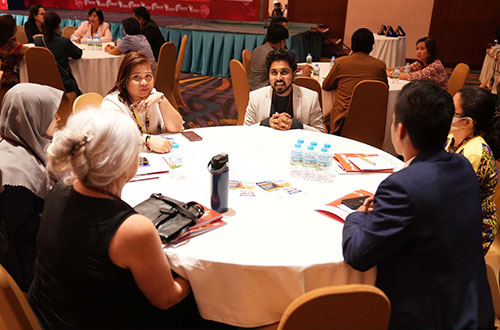
Are you ready to expand your professional network, forge valuable connections, and engage with like-minded individuals in your field? Then join our exclusive Networking Session during the conference!
This highly anticipated event is designed to create a dynamic platform for attendees to interact, exchange ideas, and foster meaningful relationships. Whether you’re a seasoned professional or just starting your journey, this session offers a unique opportunity to connect with the peers who share your passion and aspirations.
Networking Dinner
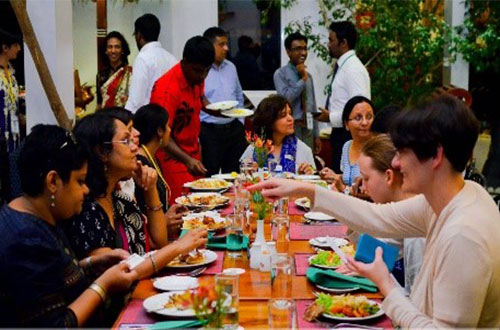
Join us for an enchanting Networking Dinner at the Future of Women 2024 which offers a unique opportunity to connect, engage, and build meaningful relationships with influential leaders, academics, activists, practitioners, industry experts, and passionate individuals in the field of Women’s Studies. Immerse yourself in an atmosphere of camaraderie, where like-minded individuals gather to celebrate women’s achievements and discuss the path to a more inclusive future.
Speakers
Listen to passionate Speakers from worldwide to share their treasured knowledge and experiences at the Future of Women 2024. The Future of Women 2024 aims to ignite conversations, spark innovation, and empower individuals to shape the future of women globally.
If you would like to join as a Keynote or Plenary Speaker, the “Call for Speakers” is now open. By joining us as a speaker, you will have the opportunity to contribute to this powerful movement and leave a lasting impact on attendees.
Storytellers
Listen to passionate storytellers from all walks of life to share their unique narratives and experiences at this transformative event. Join the Future of Women 2024 to hear compelling personal journeys, inspiring tales of resilience, and stories that challenges societal norms.
If you would like to join as a storyteller, the “Call for Storytellers” is now open. We welcome stories that highlight the power of women, address important issues, and offer insights into practices and possibilities for a better future.
Why attend the Future of Women 2024
Join us in Bangkok, Thailand, at Ambassador Hotel for the Future of Women 2024
Session Chairs and Evaluation Panel Members
- Sutapa Das, Banaras Hindu University, India
- Malvika Ranjan, Banaras Hindu University, India
- Beauty Yadav, Banaras Hindu University, India
- Payal Anand, Indian Institute of Management, India
- Ntombikayise Nkosi, University of South Africa, South Africa
- Lucille Nonzwakazi Maqubela, University of Mpumalanga, South Africa
- Deborah J. Brooks, Dartmouth College, USA
- Anita Singh, Centre for Women’s Studies and Development, Banaras Hindu University, India
- Stacy Gillis, Newcastle University, United Kingdom
- Pauline Kirk, Founder, FemvestorsGlobal, Singapore
- Litty Denis, Central University of Gujarat, India
- Prof. Alka Singh, Vasanta College for Women, Banaras Hindu University, India
- Susana Filipa Gonçalves, ESHTE, CiTUR Estoril, Portugal
- Dr. Ipsita Pradhan, SRM University, India
- Shyamkiran Kaur, Dr. B.R. Ambedkar National Instittute of Technology, India
- Manjari Shukla, Independent Researcher, Council Member, WICCI UP EDUCATION COUNCIL, India
- Rachana Pandey, Vasanta College for Women, Banaras Hindu University, India
- Reema Bhatia, Miranda House, University of Delhi, India
- Pooja Shivappa, RAK Medical & Health Sciences University, India
- I. Sivakumar, Alagappa University, India
- S.Poulpunitha, Alagappa University, India
- Kayode Aderinsola, Durban University of Technology , South Africa
- Roseline Govender, Durban University of Technology, South Africa
- Geeta Kubsad, Pravin Gandhi College of Law, India
Publication Opportunities in Future of Women 2024
"WE BELIEVE YOUR PAPER DESERVES TO MEET ITS ULTIMATE RESEARCH DESTINATION!"
Featured Peer-reviewed Journals
Participants in the conference are afforded the opportunity to contribute their comprehensive manuscripts to internationally accredited, peer-reviewed journals, associated with esteemed publishing entities. Subsequent to submission, these manuscripts will undergo rigorous quality assessments. Only manuscripts that successfully meet the established scholarly standards will be considered for publication.

Do you need our support to access the scholarly standards of your paper as well as to develop the paper? Click here to refer the Publishelp service for Future Women 2024.
This service is freely available to all registered (paid) conference participants
Publication History of the ICCC Series
The Future Women conference series has cultivated a distinguished and prolific publication history, serving as a premier platform for the global dissemination of pioneering Future women research and the exchange of best practices, fostering academic excellence in the field
20+
Proceeding Publications
20+
Publishelp Services
Be a Volunteer
Are you enthusiastic about creating an impact and do you possess a keen desire to offer your abilities, passion, and commitment to a vibrant team? Become an essential part of our conference team and help create an unforgettable experience for our participants.
Future Women Scholarship Program
Discover your potential through the Future Women Scholarship Program! We provide partial registration fee waive-offs to support your conference participation. Apply for an opportunity to receive a scholarship and join us in this transformative experience.

